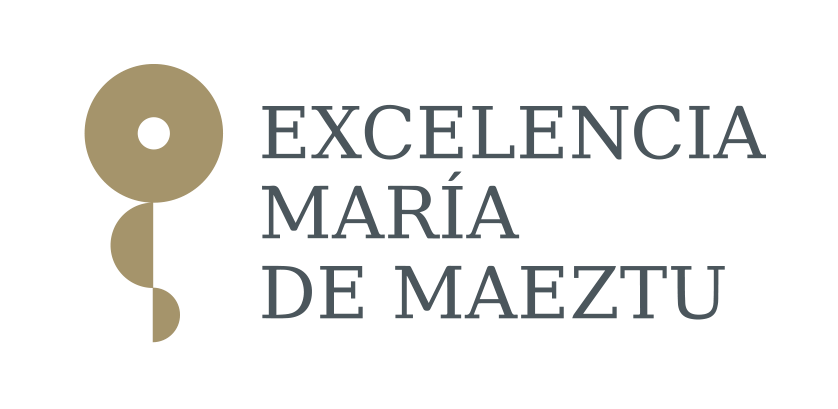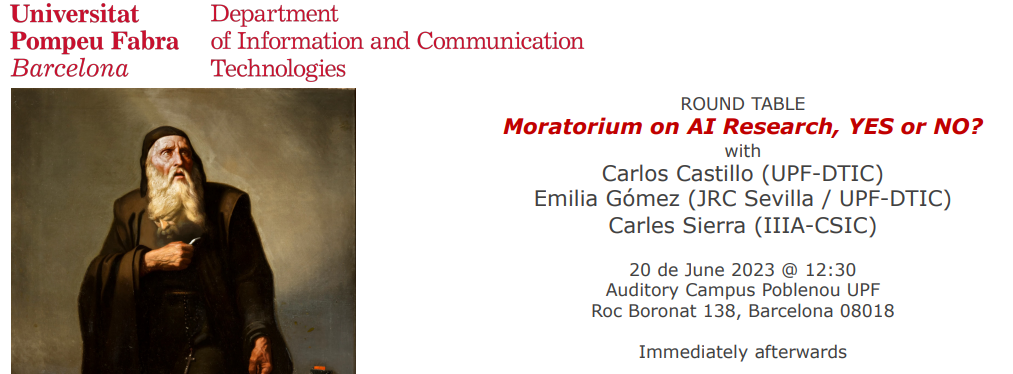The second Maria de Maeztu Strategic Research Program (CEX2021-001195-M) of the Department of Information and Communication Technologies (DTIC) takes place between 2023 and 2026. The website for this program is under construction. You can find some details in this news.
The first María de Maeztu Strategic Research Program (MDM-2015-0502) took place between January 2016 and June 2020. It was focused on data-driven knowledge extraction, boosting synergistic research initiatives across our different research areas.
[MSc thesis] Audio Data Augmentation with respect to Musical Instrument Recognition
Author: Siddharth Bhardwaj
Supervisors: Olga Slizovskaia, Emilia Gómez and Gloria Haro
MSc program: Master in Sound and Music Computing
Identifying musical instruments in a polyphonic music recording is a difficult yet crucial problem in music information retrieval. It helps in auto-tagging of a musical piece by instrument, consequently enabling searching music databases by instrument. Other useful applications of instrument recognition are source separation, genre recognition, music transcription, and instrument specific equalizations. We review the state of the art methods for the task, including the recent Convolutional Neural Networks based approaches. These deep learning models require large quantities of annotated data, a problem which can be partly solved by synthetic data augmentation. We study different types of audio data transformations that can help in various audio related tasks, publishing an augmentation library in the process. We investigate the effect of using augmented data during the training process of three state of the art CNN based models. We achieved a performance improvement of 2% over the best performing model with almost half the number of trainable model parameters. We attained 6% performance improvement for the single-layer CNN architecture, and 4% for the multi-layer architecture . Also, we study the influence of each type of audio augmentation on each instrument class individually.
Additional material:
Related Assets
Department of Information and Communication Technologies, UPF
Grant CEX2021-001195-M funded by MCIN/AEI /10.13039/501100011033


Department of Information and Communication Technologies, UPF
- Àngel Lozano - Scientific director
- Aurelio Ruiz - Program management




